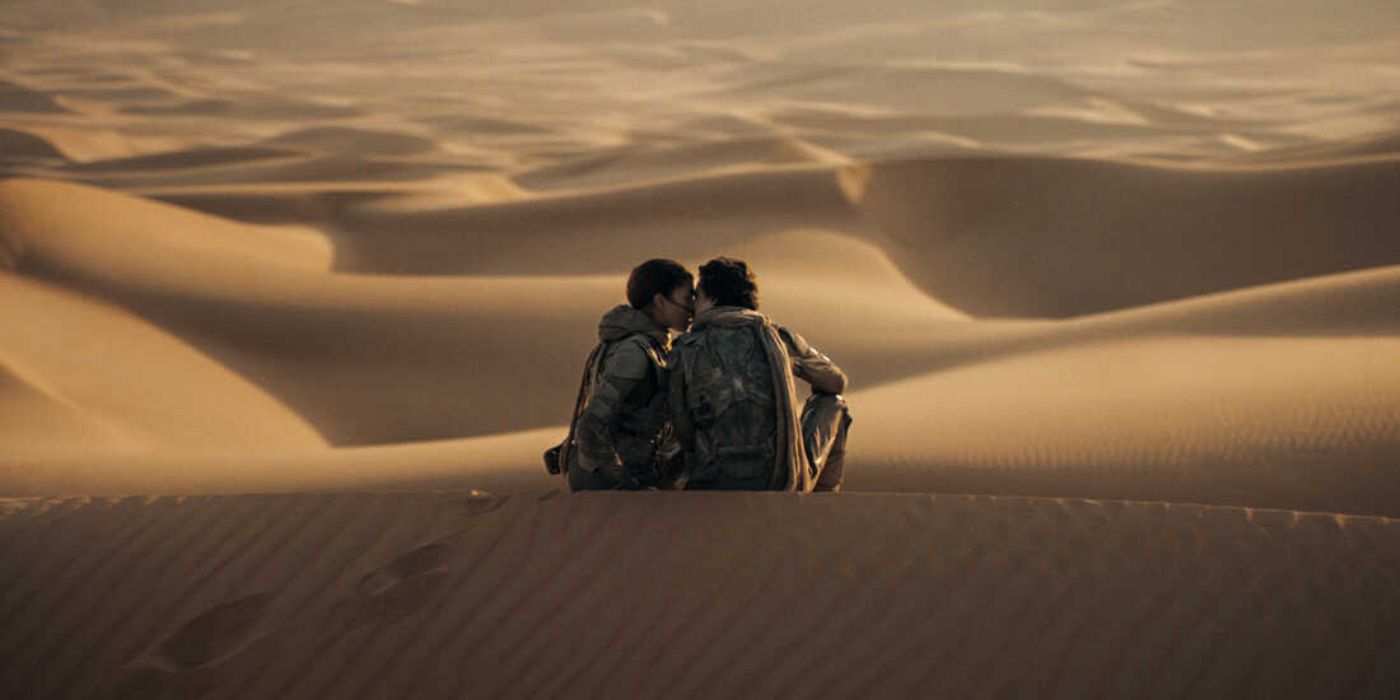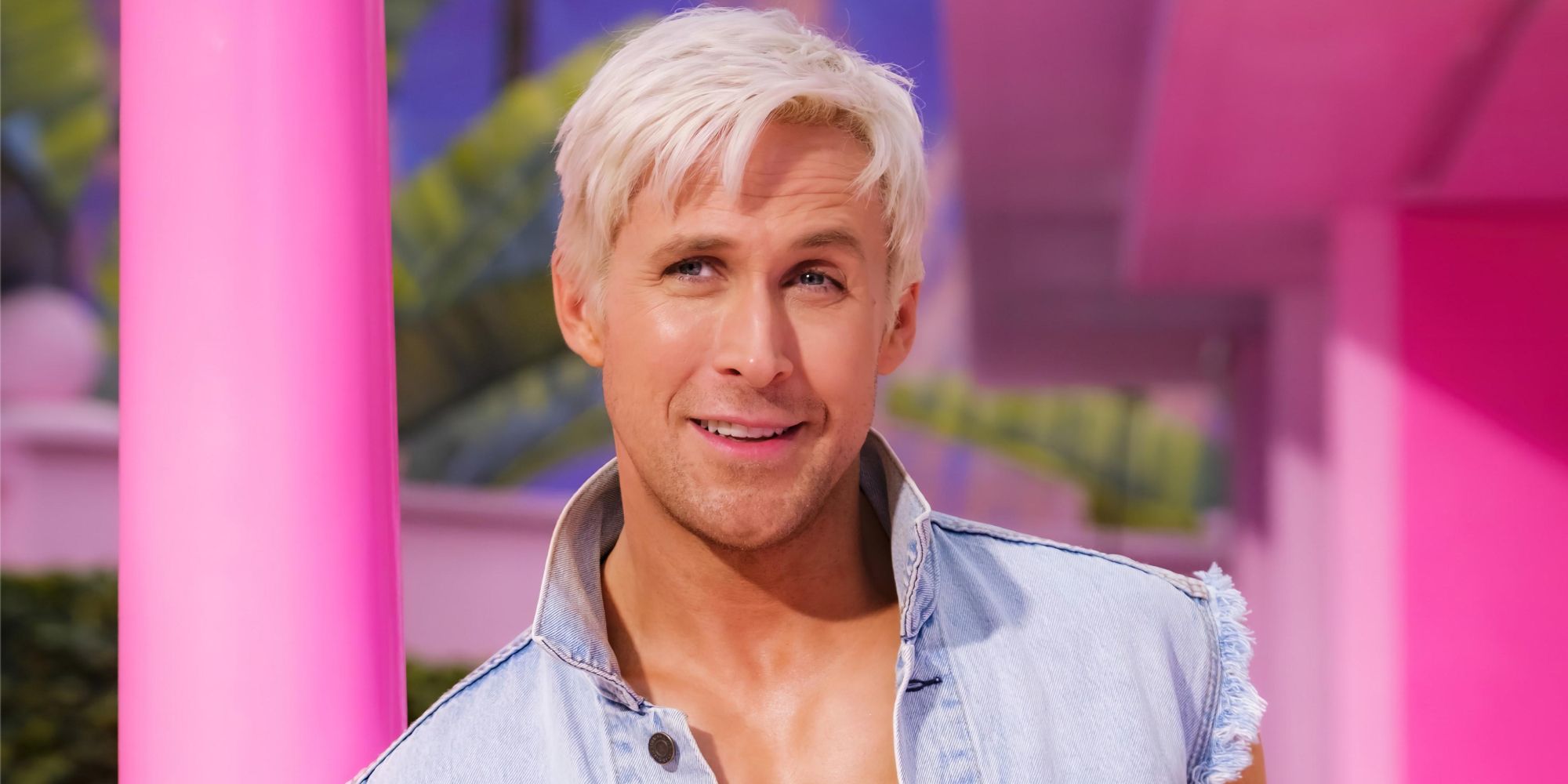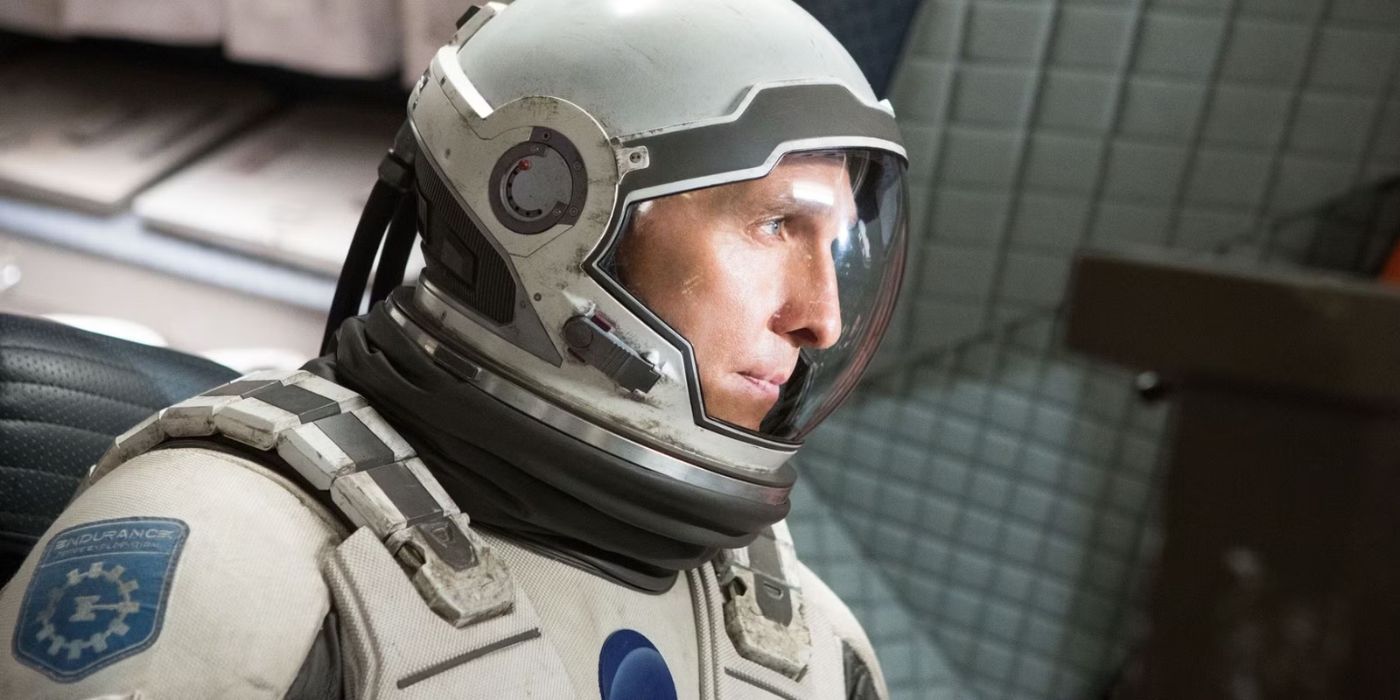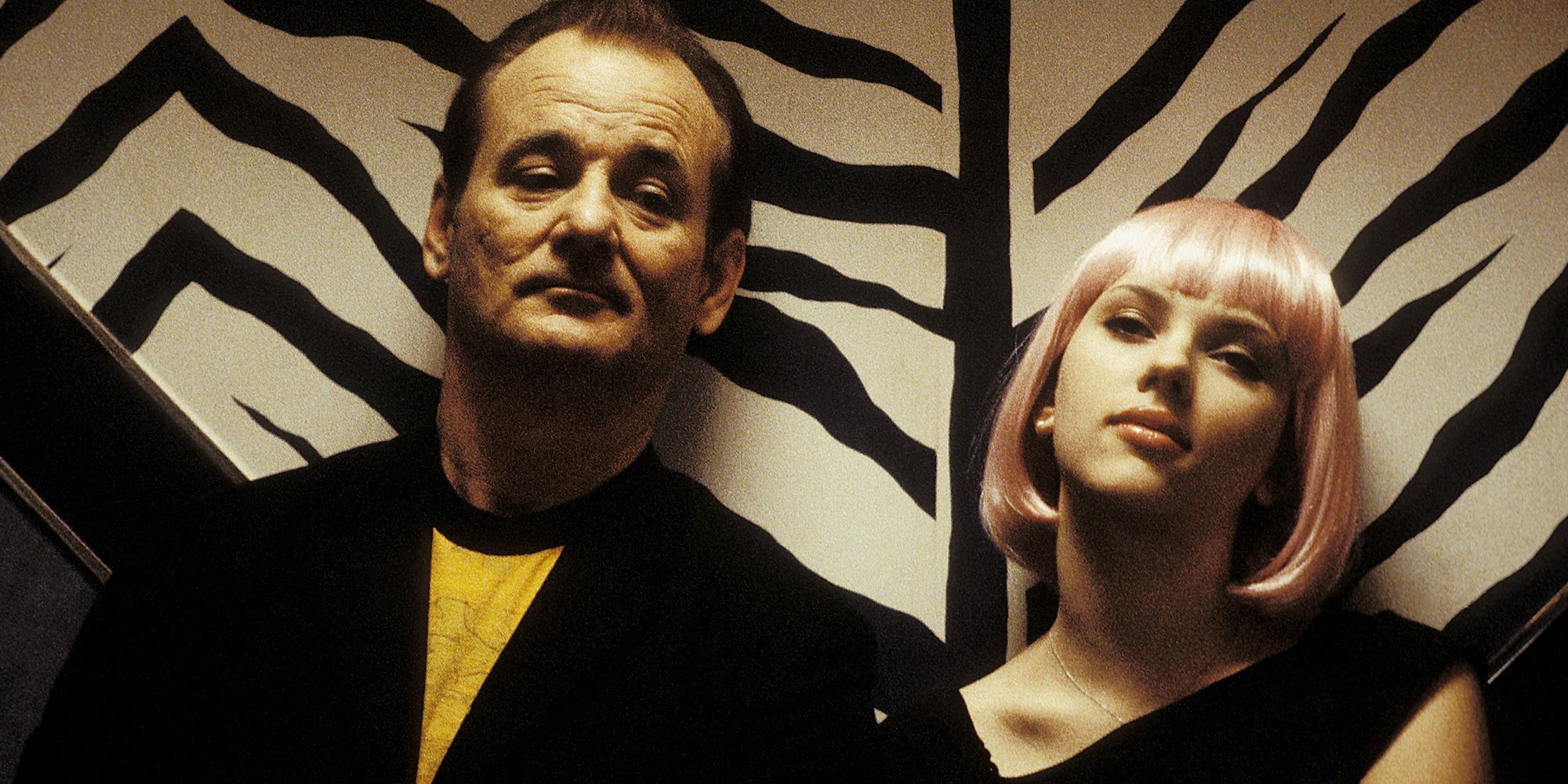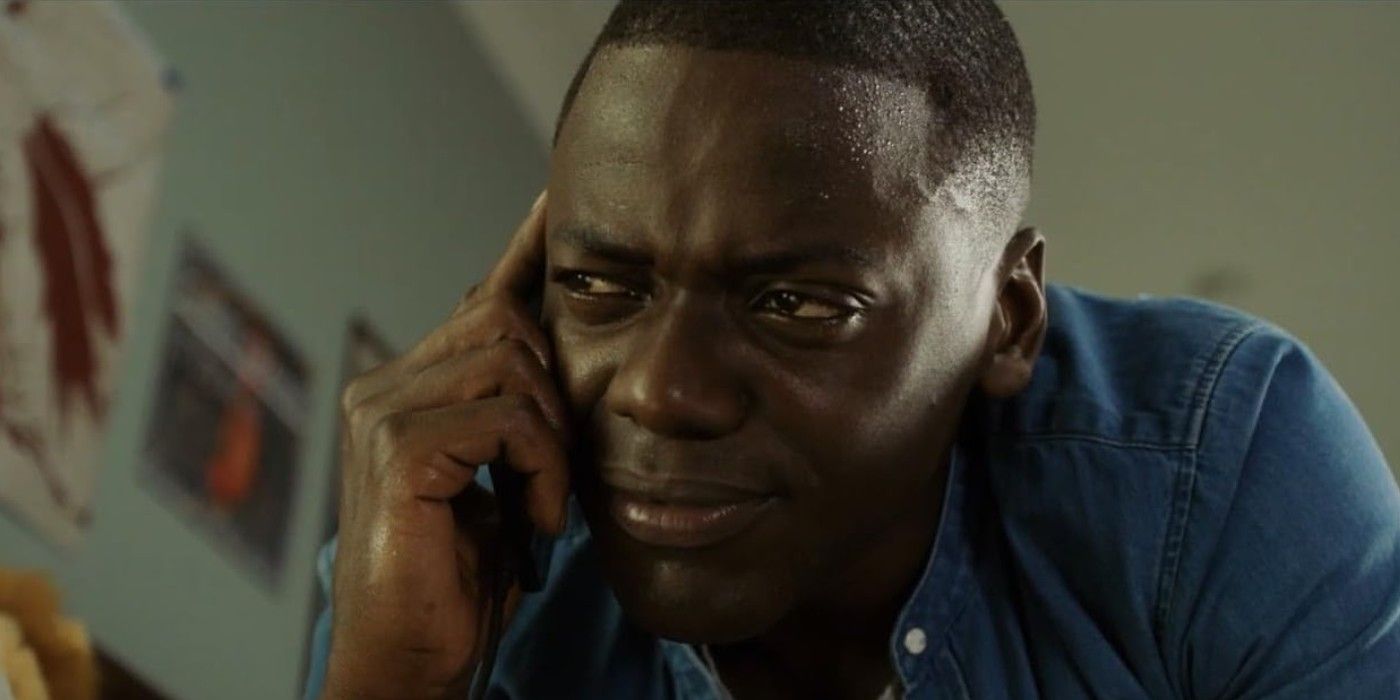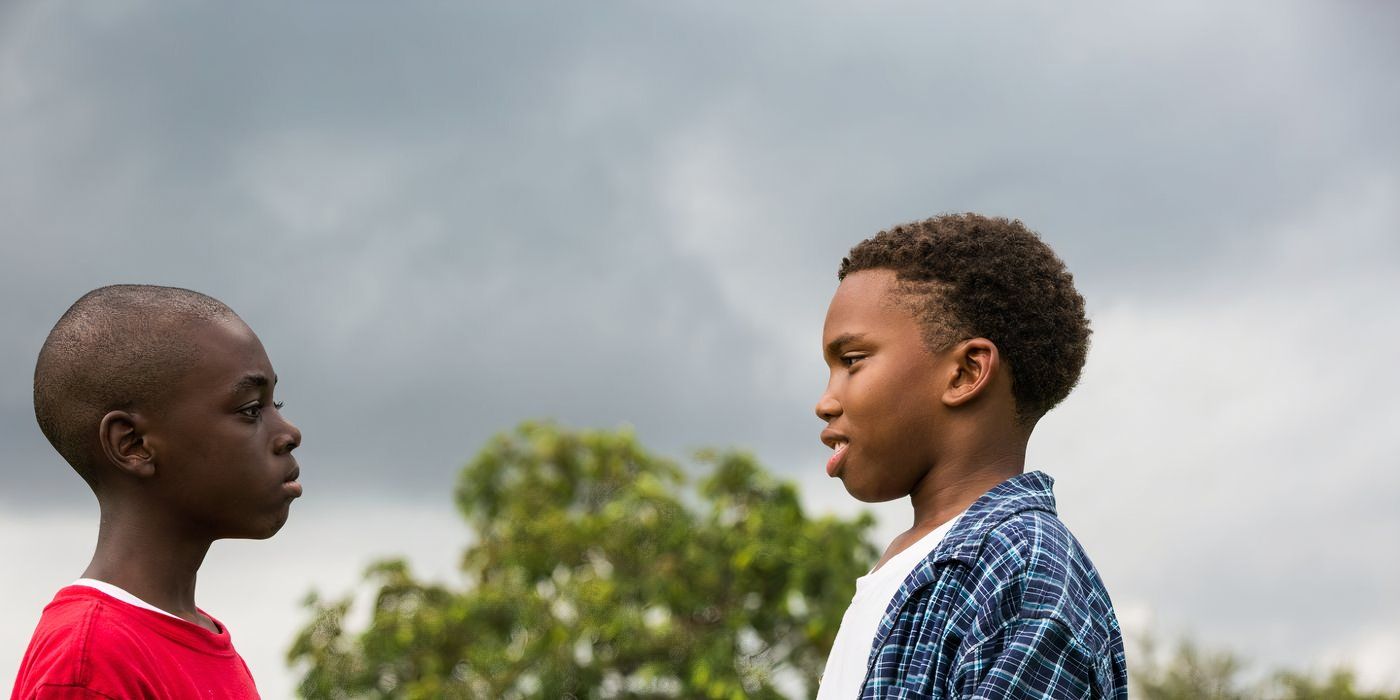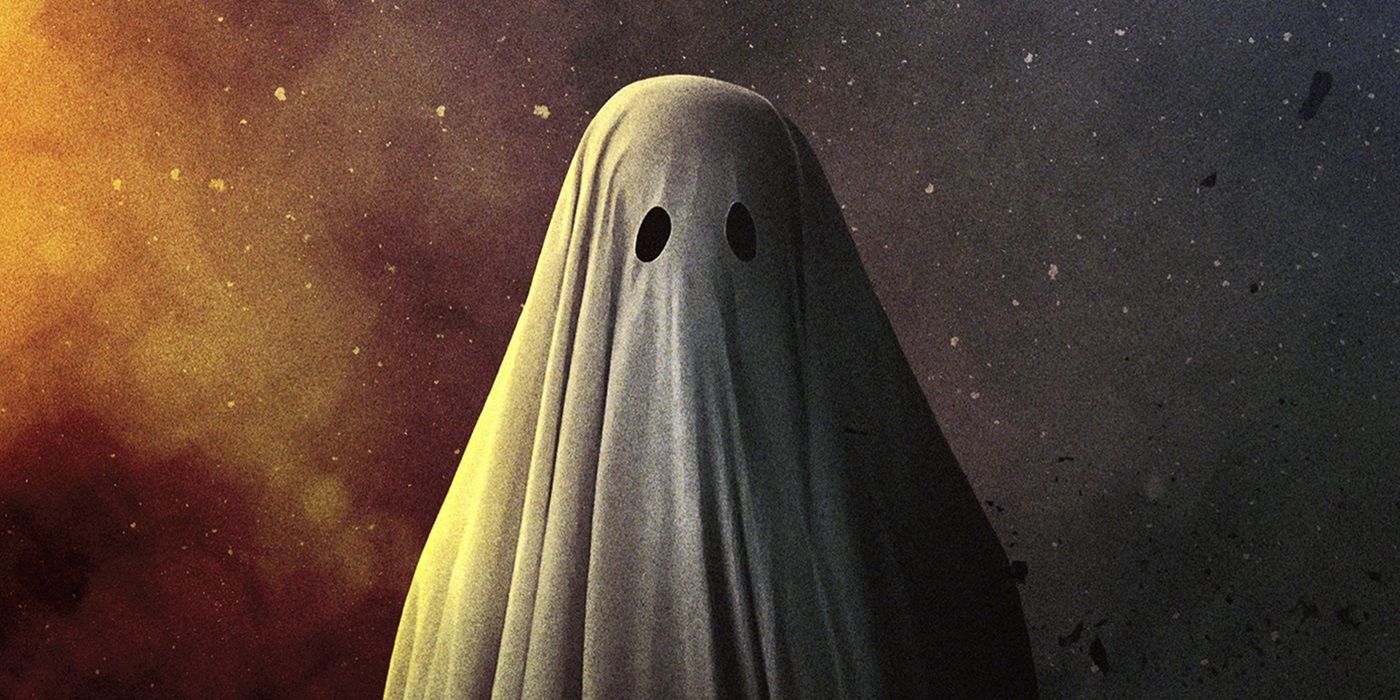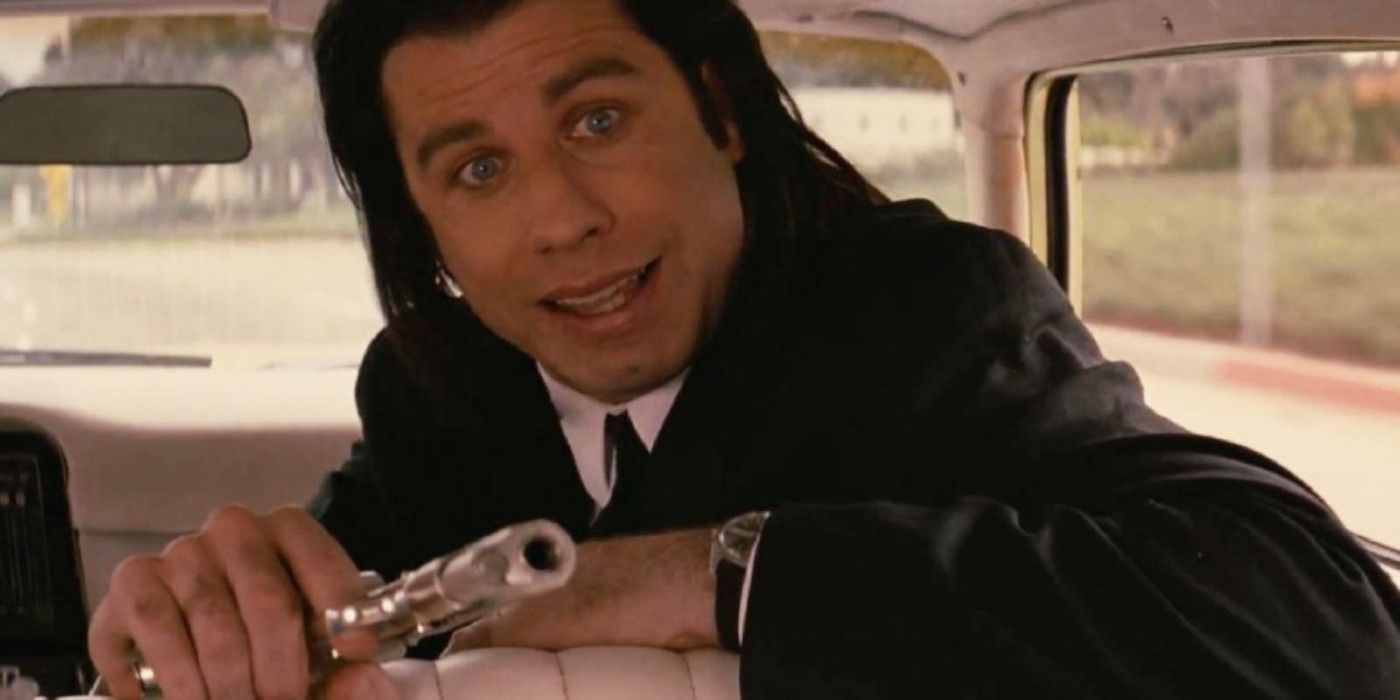Loving a director doesn’t mean you want them to make the same movie over and over again. In fact, it’s often the opposite. Some filmmakers are so good that they craft a distinctive and acclaimed style that becomes instantly recognizable and deeply them. But still, every now and then, you can’t help but wonder: What would happen if they stepped outside of it?
What if the minimalist tried maximalism? What if the king of period pieces made a messy little rom-com? The directors on this list are brilliant, so it stands to reason that they’ve got more range than they let on. And part of being a fan means daring those you love to surprise you. Here are some out-of-the-box approaches the following ten filmmakers could take.
10
Denis Villeneuve
Try something warm, character-driven, and funny
Denis Villeneuve is already a sci-fi legend, and he’s nowhere near close to done. From Arrival to Blade Runner 2049 to Dune, his films are cerebral, sweeping, and saturated with visual grandeur, but they’re also cold. Emotionally, Villeneuve tends to keep the viewer at a distance, leaning on awe over intimacy. That’s why it would be refreshing to see him scale down, not in ambition, but in tone. What if Villeneuve tackled something warmer, funnier, more human-sized?
A dramedy, perhaps, something that lets him explore emotional nuance instead of world-shattering revelations. He’s clearly interested in how people cope with change and trauma, but those themes tend to be buried beneath monologues about time or sandworms. It could still have a sci-fi edge, but maybe more of a restrained one. A smaller, present-day story, about themes like friendship, family, or grief, might reveal another layer of his talent. Villeneuve has already mastered the epic. Now let’s see what he does with something tender.
9
Greta Gerwig
Give us horror. Or science fiction.
Greta Gerwig has already proved she’s more than a mumblecore queen (even if Frances Ha remains one of her very best efforts). Lady Bird and Little Women were beautifully observed, emotionally precise, and full of heart. Then came Barbie, and she cracked open the blockbuster machine to the max. But even with that evolution, her work still leans heavily on irony, softness, and domestic introspection. (She’ll likely bring that sort of vibe again to her upcoming Narnia adaptations.) In other words, it’s time for Gerwig to go dark, or weird, or both.
A horror from Gerwig would be fascinating. Not blood-and-guts horror, but something psychological, slow-burning, and pointed. Her ability to dissect social norms, feminine identity, and intergenerational angst could translate perfectly to elevated genre work. Or, if not horror, why not sci-fi? Imagine her take on a dystopia. It would be as stylish as it is thoughtful, full of flawed characters navigating surreal stakes.
8
Robert Eggers
Just once, leave the past behind
Robert Eggers makes historical hallucinations. From The Witch to The Lighthouse to The Northman, his films are exercises in madness and myth, soaked in period detail and archaic speech. He’s a master at transporting viewers to alien times and then pulling them into a spiral of psychological ruin. But what happens if you take that energy and drop it into 2025?
What if Eggers made a horror set right now? In a strip mall or an apartment block, or a gas station. His fascination with moral rot, isolation, and the supernatural would still work, but it would hit differently when grounded in modern language and modern despair. The director has said that he’s highly unlikely to ever make a movie set in the modern world, but the results might be fantastic if he did. A contemporary Eggers film could be haunting in a new way. It wouldn’t need to be any less strange, just closer to home. Less candlelight, more LED.
7
Christopher Nolan
Give us something minimalist and quiet
Christopher Nolan builds puzzles. Big ones. He folds time, stacks timelines, and straps IMAX cameras to fighter jets. He’s one of the few directors who can still get original blockbusters made on massive budgets, and Oppenheimer proved he can be just as powerful without capes or space-folding. But there’s still a slickness, a sense of grandeur, in everything he touches. For this reason, it might be cool to see Nolan strip everything back: no CGI, no tricks, just characters in a room.
He clearly cares about ideas (his pet themes include legacy, morality, and obsession), but they’re often delivered through spectacle. What would happen if Nolan trusted the dialogue more than the edit? If he made a film that cost $5 million instead of $250 million? Something minimalist, intimate, and emotionally raw. Memento was relatively minimalist, and it’s amazing. Maybe he could tap a similar vein once again.
6
Sofia Coppola
Let her go acidic
Sofia Coppola has a signature: dreamy malaise, wealth as a burden, young women in soft rebellion. It’s a potent formula, and when it hits, as in Lost in Translation, Marie Antoinette, and The Virgin Suicides, it’s hypnotic. Still, over time, the haze has settled into a comfort zone. The stories are getting quieter, more insulated, more muted, more expected. It’s time to shake things up. What if Coppola turned that precise observational eye toward satire or something more vicious?
She understands status, image, and repression better than almost anyone, but she rarely pushes those insights to their sharpest edge. A biting social thriller, a black comedy, even a character study with fangs instead of perfume; that’s the Coppola curveball we need. The same style could remain, but with more teeth. She somewhat tried it with The Bling Ring, but it didn’t quite stick the landing. Even so, Coppola’s version of a story akin to Gone Girl or The Menu could be elegant, scathing, and totally unique.
5
Jordan Peele
Let the horror rest for now
Jordan Peele changed the horror landscape overnight. Get Out went way beyond simply being a hit, becoming a cultural shockwave; few movies combine horror, comedy, and social commentary in such a potent package. Us was fine, and Nope was strong, solidifying his place as one of the genre’s most ambitious new voices. His films are smart, symbolic, and high-concept, but they also carry a kind of pressure, each one expected to say something profound, to be the next Get Out. It might be freeing for Peele to pivot, just for a moment, to pure drama.
Not that his work isn’t already dramatic, but a film without supernatural stakes could be a chance to explore character in a more grounded way. Think Spike Lee or Barry Jenkins, a rich, layered story about class, identity, and memory, told with precision and pathos. Peele has the vision and the dialogue chops; a drama would let him breathe. And sometimes, that’s when artists discover something entirely new in themselves.
4
Barry Jenkins
Magical realism or dystopian sci-fi
Speaking of, Barry Jenkins is one of the most emotionally delicate directors working today. Moonlight and If Beale Street Could Talk are beautiful, tender, and lyrical. His images glow, his characters ache, and his stories feel incredibly authentic. But what happens when you take that sensitivity and drop it into something harsher? Something not built on memory, but on collapse? Jenkins could bring something entirely new to dystopian sci-fi or magical realism. He’s reportedly already got a sci-fi-inflected movie in the works, so it’s not that much of a stretch.
Imagine a world falling apart, rendered with his poetic style, or a surreal, metaphysical tale where time bends, ghosts linger, or identity blurs. Jenkins has already shown he can navigate complex inner lives; a shift toward the speculative might amplify that rather than diluting it. Think Children of Men meets Eternal Sunshine, a genre story with rich, believable protagonists.
3
David Lowery
Pure comedy
David Lowery‘s movies so far have been elegiac and melancholy. Whether he’s reinventing Arthurian legend or filming a ghost under a bedsheet, his work pulses with quiet wonder and more than a little pain. But the divide between comedy and tragedy is actually not that wide (the literal ghost in a sheet from A Ghost Story is proof of that), and Lowery’s sensibility is weirdly fitted for some kind of comedy. The director’s sensitivity and visual poetry could work wonders if applied to something breezy, bizarre, even screwball.
Not a drama with the occasional laugh or a gentle fable, but a full-tilt, laugh-out-loud comedy with heart, absurdity, and maybe a little magic. A story about people stumbling through something ridiculous but true, like grief, or bureaucracy, or falling in love. He doesn’t need to abandon his style, just loosen the reins. Let the camera breathe. Let the actors play. Comedy doesn’t have to be shallow. In Lowery’s hands, it might even be transcendent.
2
Quentin Tarantino
Trade gangsters for galaxies or magic
Quentin Tarantino has built his entire legend on talky criminals, genre homages, and a near-mythic command of cool. He’s made Westerns, samurai revenge flicks, historical wish-fulfillment, and ’70s-style crime sagas, but always with the same tools: pop-culture patter, explosive violence, and a fetishistic attention to detail. And while he claims he’s nearly done directing, there’s one wild swing left he hasn’t taken. What would a Tarantino sci-fi or fantasy film even look like?
Imagine laser swords and space smugglers filtered through grindhouse grit. Imagine a Middle-earth war council where the elves sound like they’re from Inglewood. He has the imagination and the love of genre to pull it off (and Tarantino already speculated about making a Star Trek movie), but he’s never pushed himself into a truly alien world. It would be messy, chaotic, wildly uneven… and probably awesome. If anyone can make an intergalactic kung-fu opera with a 20-minute foot massage scene, it’s Tarantino.
1
Wes Anderson
Strip away the quirk
Wes Anderson is a maximalist of the miniature. Every frame is symmetrical, every character is droll, every emotion is buttoned-up and filtered through whimsy. His style is so distinct and instantly recognizable that it’s become its own shorthand. Impressively, Anderson is one of the few directors who can use the same basic aesthetic in every project without it becoming stale. But after Asteroid City and The French Dispatch, even some die-hard fans have started to wonder: what else is there? It’s time for Anderson to try something raw, less curated, more real.
He could bring the same attention to composition, but with stripped-down performances and a realist edge. A drama without irony. A film about messy people in un-aesthetic homes. It doesn’t need to be handheld or handheld-ugly, but it does need to feel less staged, more spontaneous, a movie where pain isn’t stylized and characters don’t hide behind pastels.

